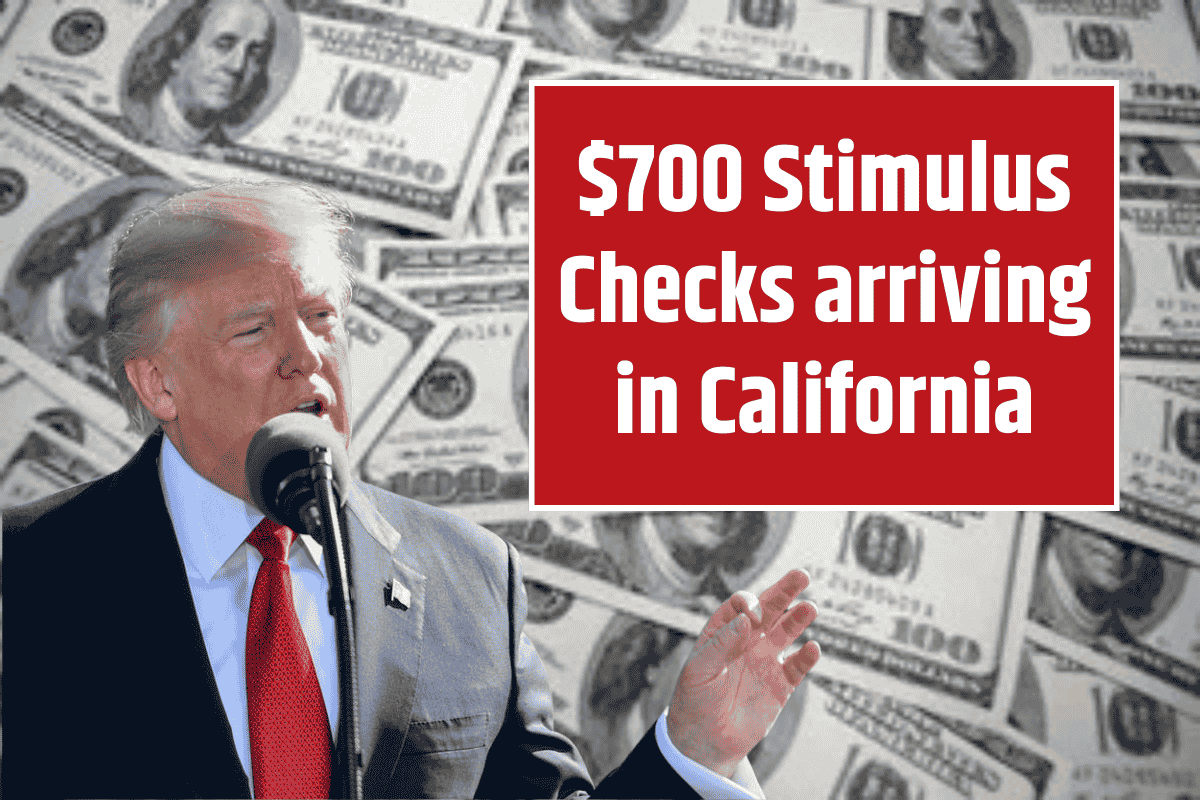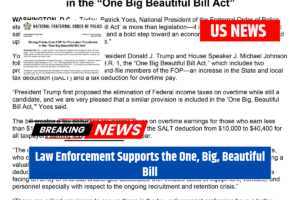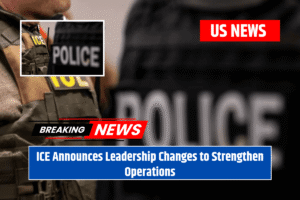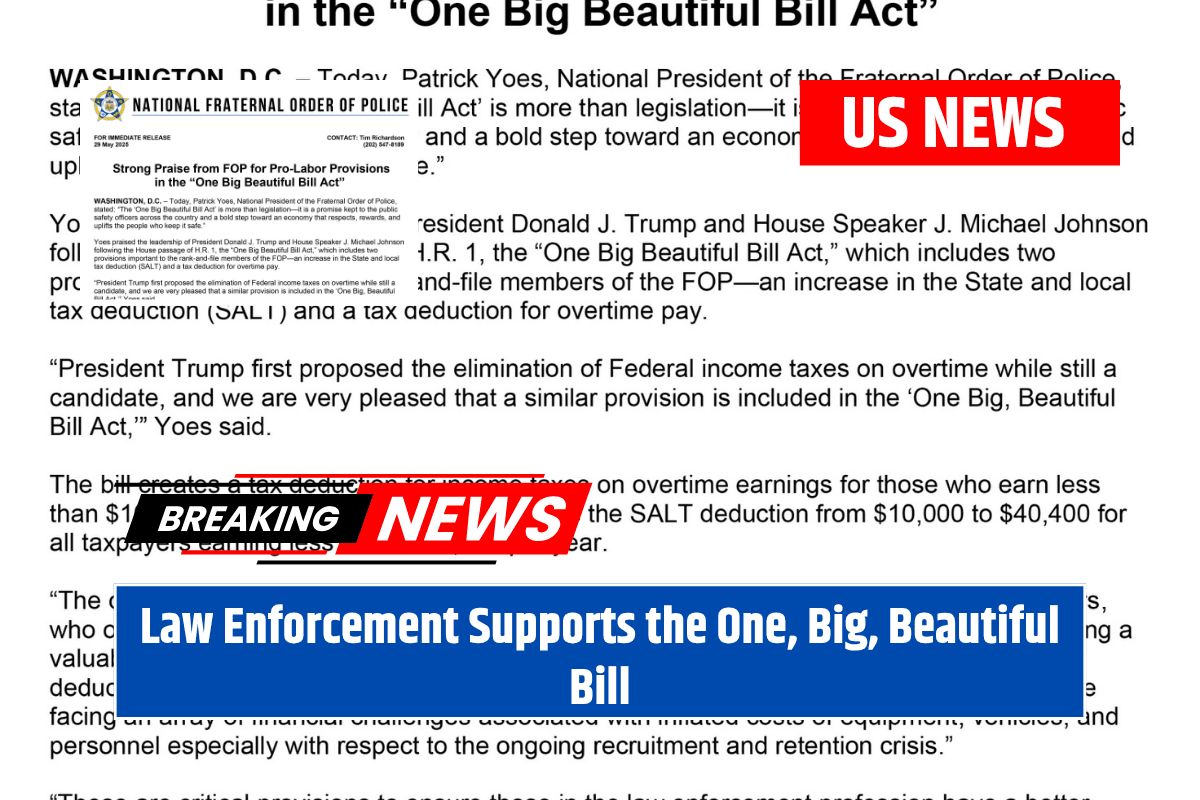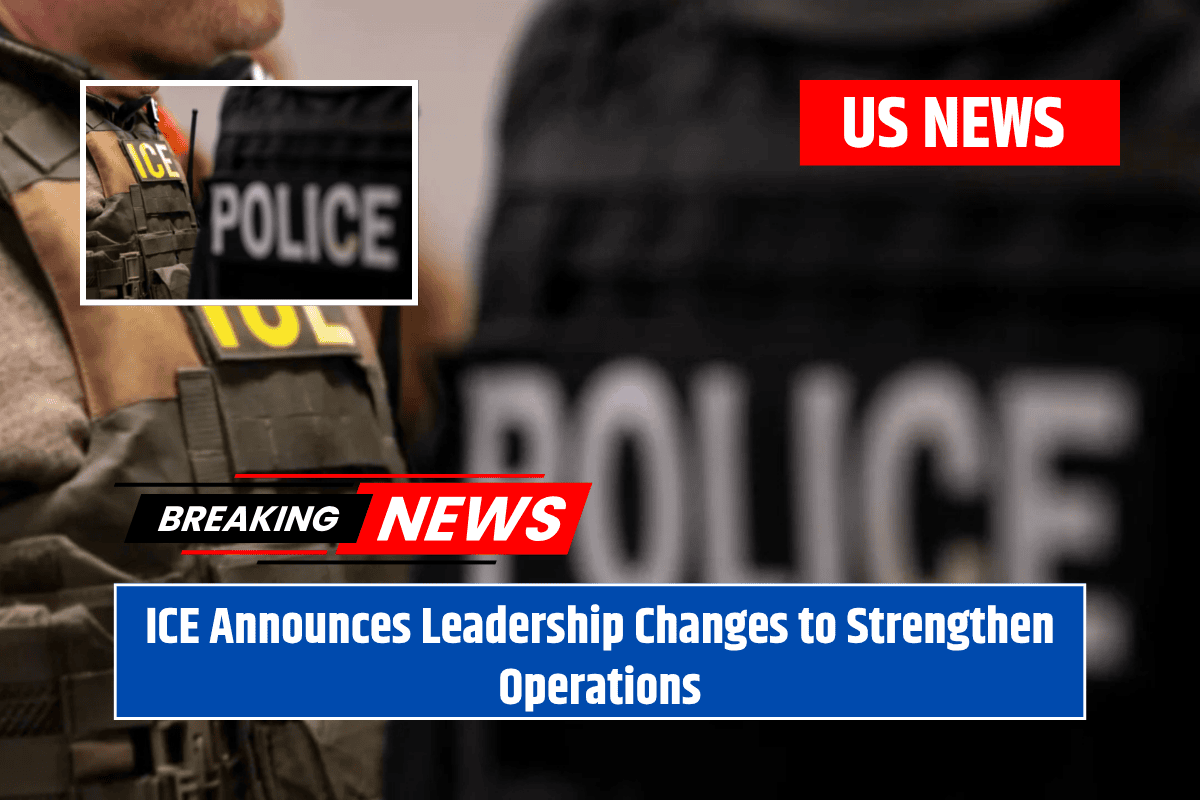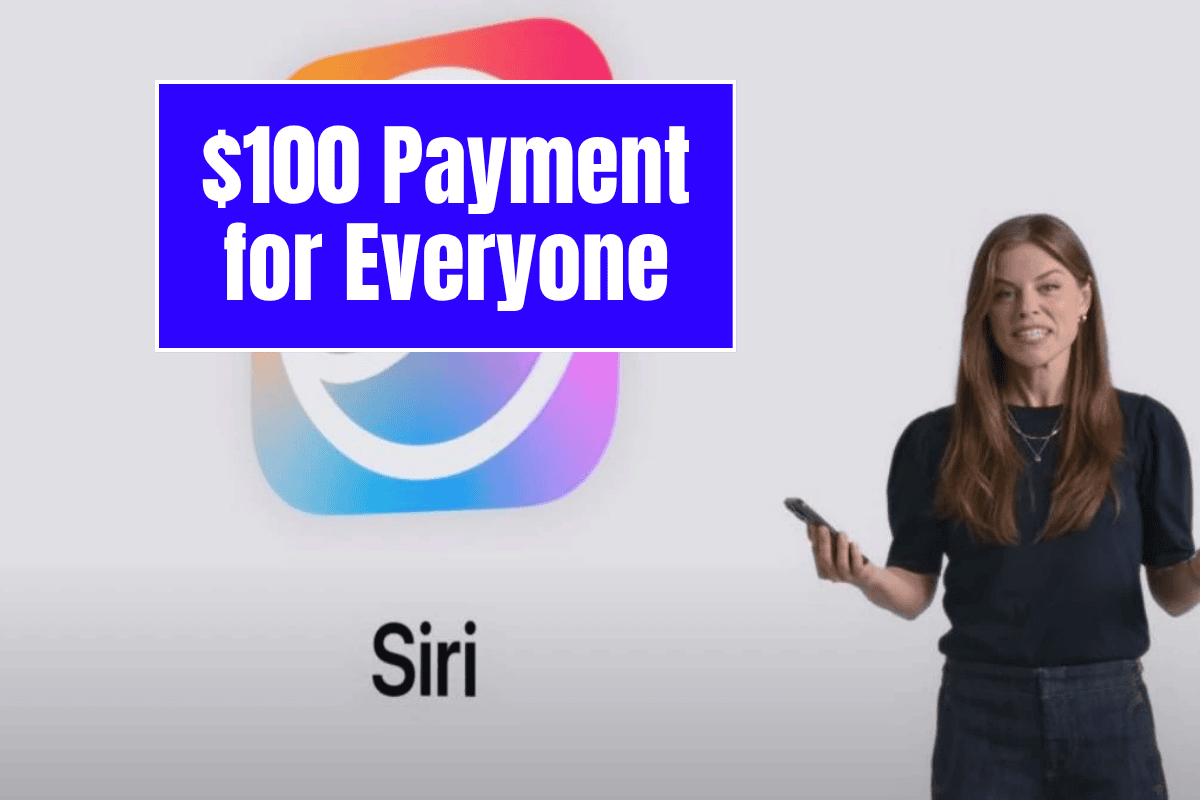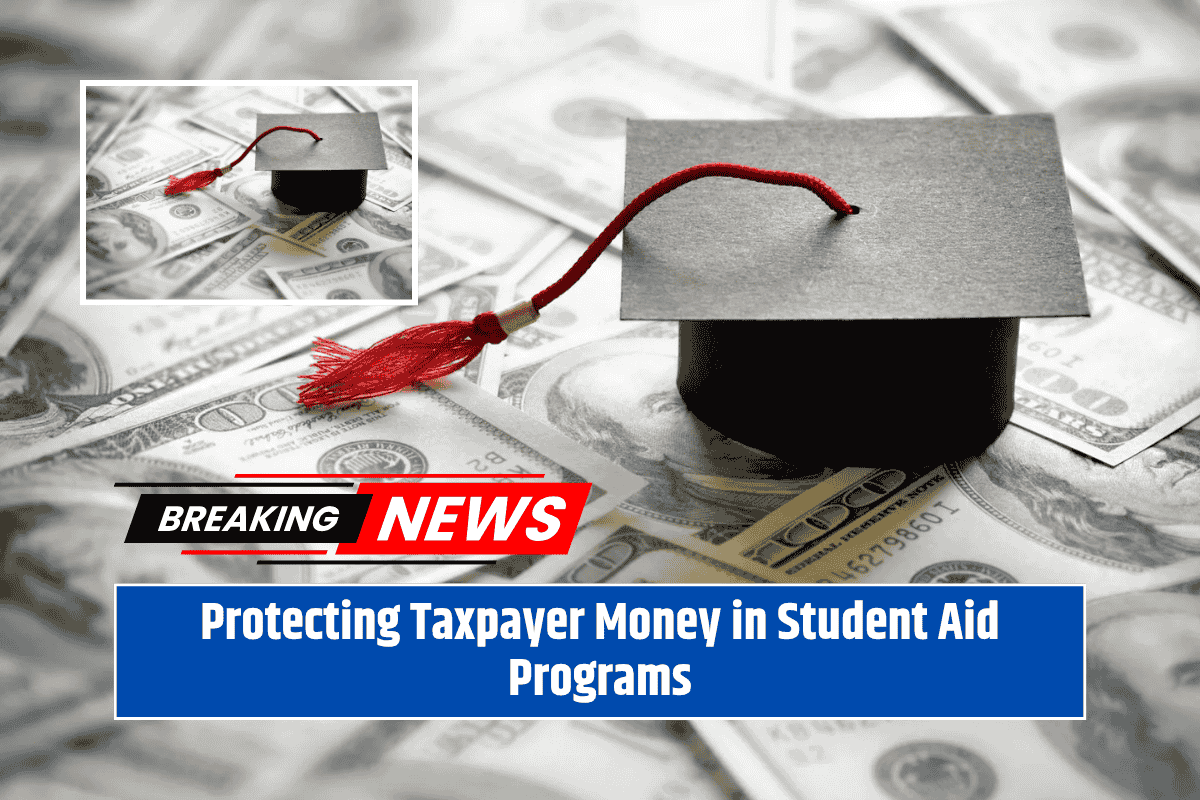Good news is coming for many Californians as the Family and Workers Economic Stabilization Fund (FFESP) begins sending $700 stimulus checks to eligible residents. This payment aims to help people deal with rising costs of living, especially those struggling with inflation, low wages, and unstable jobs. With prices for gas, food, and rent going up, this support can offer much-needed relief for families still affected by the pandemic’s economic challenges.
What Is the FFESP and Who Funds It?
The FFESP is a program backed by California state and federal funds. Its main goal is to give direct financial help to low-income households, essential workers, and others who meet specific criteria. This $700 payment is part of a second round of support approved in April 2025, designed to help those who missed earlier stimulus payments.
Who Is Eligible for the $700 Stimulus Check?
To qualify for this payment, you must meet certain rules. You need to be a California resident currently living in the state and have filed a state tax return in 2023. Some people who didn’t file taxes might still qualify if they meet other requirements. Income limits are set at under $45,000 adjusted gross income (AGI) for single filers and under $65,000 AGI for joint filers. You must be over 18 by December 31, 2023, and must not have received the first FFESP stimulus.
Priority is given to essential workers in fields like healthcare, education, agriculture, cleaning, security, and transportation to support those who have been critical during tough times.
How Will Payments Be Distributed?
Payments are sent either by direct deposit or mailed checks. If you gave your bank details when filing taxes, the $700 will be deposited directly into your account within 7 to 10 business days. If not, a physical check will be mailed to the address on your tax return.
The distribution started in the third week of May 2025 and will continue in phases until mid-June. Most people who qualify don’t need to apply or do anything extra; payments will be automatic if their tax info is up to date.
What Should You Do If You Didn’t File Taxes or Changed Address?
If you didn’t file a tax return in 2023 or have recently moved, it’s important to update your information on the official FFESP website or call their helpline. This will help avoid delays and make sure you get your payment.
Important deadlines are June 15, 2025, for filing any missing tax returns and June 1, 2025, for updating banking or mailing details. Meeting these dates is important for receiving your stimulus on time.
Why This Payment Matters
This $700 payment comes at a critical time for many Californians. Even though the economy is improving, many people still face high debts, rent, and low pay. While the payment won’t solve all problems, it can help cover basics like food, bills, or transportation, giving families some breathing room.
FAQs
Who is eligible for the $700 FFESP stimulus check?
Eligible recipients must be California residents who filed a 2023 state tax return with an adjusted gross income under $45,000 for singles or $65,000 for joint filers, be over 18 by December 31, 2023, and not have received the Phase 1 FFESP payment.
How will the $700 FFESP stimulus payments be distributed?
Payments are sent by direct deposit if banking information is on file, or by mailed checks if not. Direct deposits typically arrive within 7 to 10 business days from the payment start date.
What should I do if I didn’t file a 2023 tax return or changed my address?
You should update your information on the official FFESP website or contact the helpline before June 1, 2025, to ensure timely receipt of your stimulus payment.
When will the FFESP payments be sent out?
Payments began in the third week of May 2025 and will continue in stages until mid-June 2025.
Who are considered essential workers for FFESP priority?
Essential workers include those in healthcare, education, agriculture, cleaning, security, and transportation sectors, prioritized to receive support for their critical roles.
Is any action required to receive the $700 payment?
Most eligible recipients do not need to take any action if their tax filings and banking info are current. Those who did not file or have changed details should update their records promptly.

